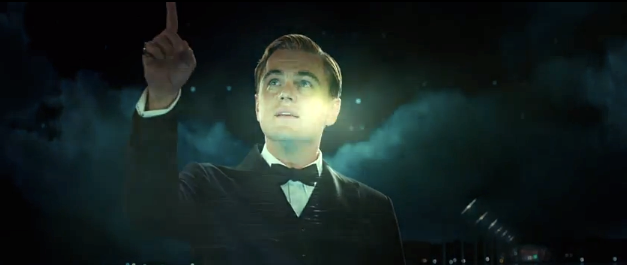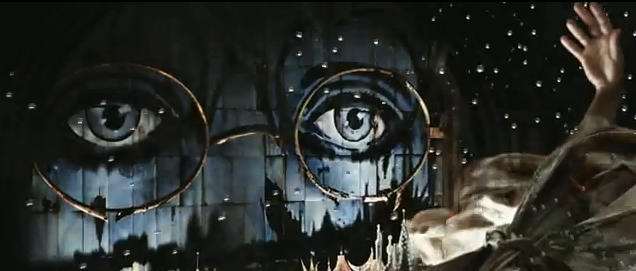HOME
This is the blog of Ian Rosales Casocot. Filipino writer. Sometime academic. Former backpacker. Twink bait. Hamster lover.
Interested in What I Create?
Bibliography

The Great Little Hunter
Pinspired Philippines, 2022

The Boy The Girl
The Rat The Rabbit
and the Last Magic Days
Chapbook, 2018

Republic of Carnage:
Three Horror Stories
For the Way We Live Now
Chapbook, 2018

Bamboo Girls:
Stories and Poems
From a Forgotten Life
Ateneo de Naga University Press, 2018

Don't Tell Anyone:
Literary Smut
With Shakira Andrea Sison
Pride Press / Anvil Publishing, 2017

Cupful of Anger,
Bottle Full of Smoke:
The Stories of
Jose V. Montebon Jr.
Silliman Writers Series, 2017

First Sight of Snow
and Other Stories
Encounters Chapbook Series
Et Al Books, 2014

Celebration: An Anthology to Commemorate the 50th Anniversary of the Silliman University National Writers Workshop
Sands and Coral, 2011-2013
Silliman University, 2013

Handulantaw: Celebrating 50 Years of Culture and the Arts in Silliman
Tao Foundation and Silliman University Cultural Affairs Committee, 2013

Inday Goes About Her Day
Locsin Books, 2012

Beautiful Accidents: Stories
University of the Philippines Press, 2011

Heartbreak & Magic: Stories of Fantasy and Horror
Anvil, 2011

Old Movies and Other Stories
National Commission for Culture
and the Arts, 2006

FutureShock Prose: An Anthology of Young Writers and New Literatures
Sands and Coral, 2003
Nominated for Best Anthology
2004 National Book Awards
Follow the Spy
Recent Crumbs
Blogs I Read
© 2002-2021
IAN ROSALES CASOCOT
Sunday, May 26, 2013
 8:33 PM |
Capturing the Green Light
8:33 PM |
Capturing the Green Light
I loved every bright, love-struck, imperfect frame of Baz Luhrmann's adaptation of F. Scott Fitzgerald's
The Great Gatsby.

How can I not love it? It's knowing anachronism, its lyrical madness, its joyful brashness is much in keeping with the spirit of the book, a tome I read at least once a year. If he had witnessed this cinematic incarnation of his book, Fitzgerald would have approved. The film, too, fulfills the requirements of the book nerd in me: for one thing, there is the ingenious use of Francis Cugat’s original book cover art—the eyes floating in a sea of ominous blue—which turns up as one of the haunting billboards straddling the Valley of Ashes.

And then there’s that matter of the movie’s last shot: Nick Carraway's finished manuscript with the title, "Gatsby," typewritten across the white page. Then we get his hesitation as Craig Armstrong’s score swells, and then we see his decisive act to append two more words to the title, to finally read: "The Great Gatsby." That struck me as the character's—and the movie's—final assessment of the man. It is a melodramatic flourish invented by Luhrmann, and how I loved it.
The film is already a box-office hit – but, alas, the film is taking some unfortunate (albeit expected) drubbing from critics who think the film does a disservice to the beloved novel. For me, the only reason why many critics think the novel is unfilmmable is because the text is so popular, and so deeply ingrained in the popular consciousness, that it has become a "movie in our heads" -- and no adaptation by
anyone can ever touch the version we have already envisioned. But
as Jessica Zafra puts it, "Whoever complains of [the film's] excesses did not get the book"—and this is from somebody who loves the book with some madness. I've noticed though that two groups of people
do get the film—writers (like Zafra) and scholars.
They love it like I do.
I came away from it devastated by how tragic we can all become in the name of love. We all have Daisies in our lives: those unreachable objects of our affectionate yearnings and desires that when stripped bare ultimately reveal themselves to be empty and shallow—all shining surfaces, but rotten and indifferent to the core. That doesn't matter. The unsullied yearning and the hopefulness, encapsulating the purity of our pursuit, are the only things that matter.
Labels: film, life, love, writing
[0] This is Where You Bite the Sandwich
GO TO OLDER POSTS
GO TO NEWER POSTS

















 8:33 PM |
Capturing the Green Light
8:33 PM |
Capturing the Green Light

